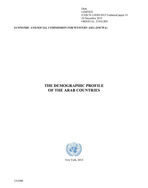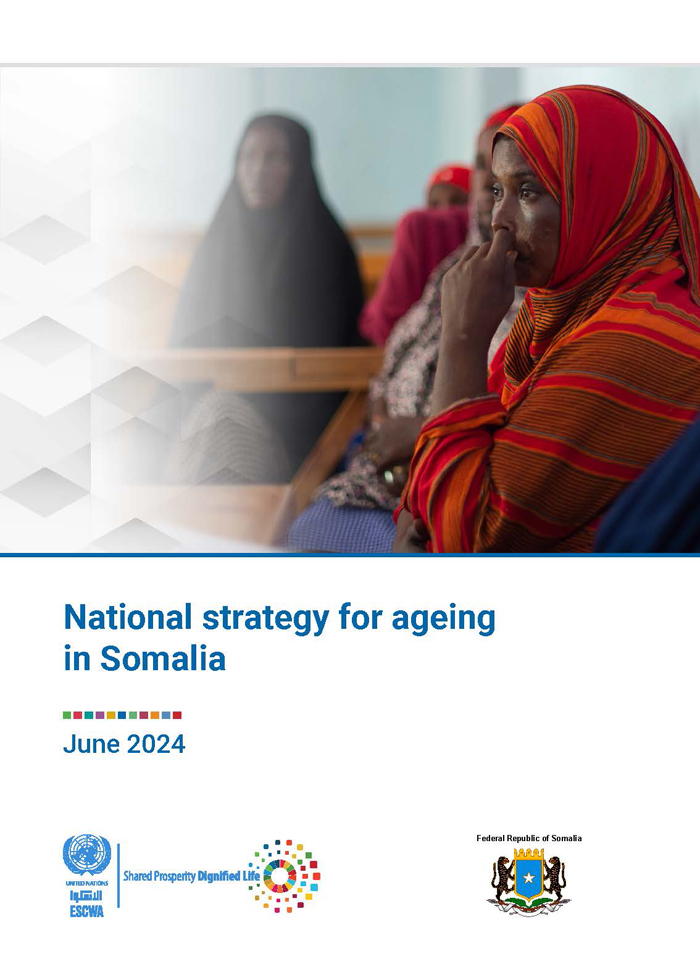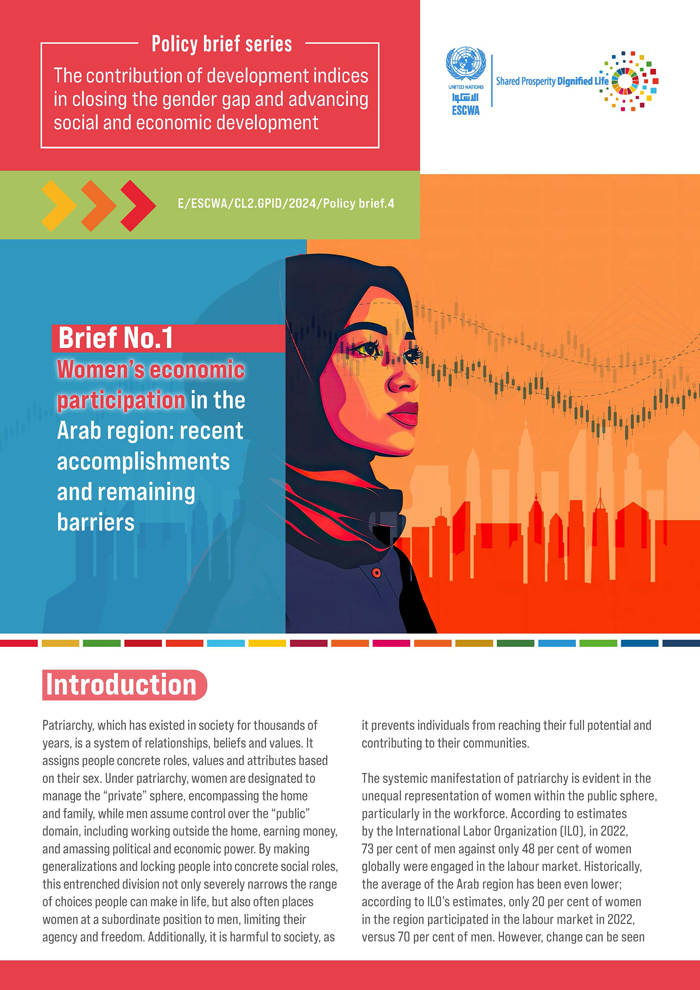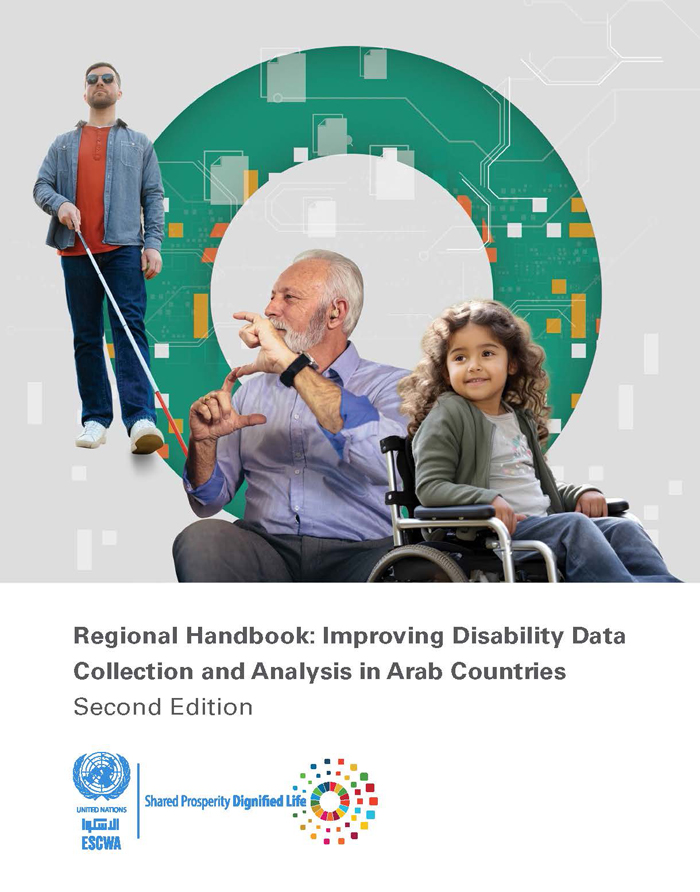
ESCWA Publication: E/ESCWA/SDD/2013/Technical Paper.14
Country: Arab region, People’s Democratic Republic of Algeria, Kingdom of Bahrain, Republic of Djibouti, Arab Republic of Egypt, Republic of Iraq, Hashemite Kingdom of Jordan, State of Kuwait, Lebanese Republic, State of Libya, Islamic Republic of Mauritania, Kingdom of Morocco, Sultanate of Oman, State of Palestine, State of Qatar, Kingdom of Saudi Arabia, Federal Republic of Somalia, Republic of Sudan, Syrian Arab Republic, Republic of Tunisia, United Arab Emirates, Republic of Yemen
Publication Type: Reports & studies
Cluster: 2030 Agenda and SDG Coordination
Focus Area: Inclusive development, Population dynamics & migration, Statistics
Initiatives: Population & Housing Censuses
SDGs: Goal 11: Sustainable Cities and Communities
Keywords: Age distribution, Arab countries, Demographic statistics, Fertility rate, International migration, Mortality statistics, Population distribution, Population growth, Population trends, Statistical data, Age groups
The demographic profile of the Arab countries
January 2013
This paper examines the trends and levels of key demographic indicators for the Arab region, namely population size, growth rate, distribution, fertility and mortality levels, age structure and international migration. In doing so, the paper will mainly build on data from the World Population Prospects: The 2012 Revision, as well as other United Nations databases as relevant. The main purpose of the paper is to present policymakers and researches with a regional reference for selected demographic indicators and their key implications for development.
Related content
Inclusive development
, Population dynamics & migration
, Statistics
,
This paper examines the trends and levels of key demographic indicators for the Arab region, namely population size, growth rate, distribution, fertility and mortality levels, age structure and international migration. In doing so, the paper will mainly build on data from the World Population Prospects: The 2012 Revision, as well as other United Nations databases as relevant. The main purpose of the paper is to present policymakers and researches with a regional reference for selected demographic indicators and their key implications for development.



